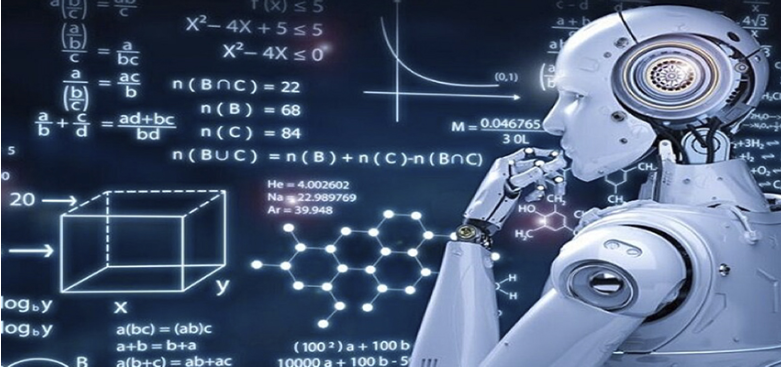When AI Isn’t the Answer
-Katie Hutchinson
Artificial Intelligence (AI) has changed the way developers work, helping with repetitive tasks and generating code quickly. But while AI-powered tools like ChatGPT and GitHub Copilot are useful, they’re not perfect. In fact, relying too much on AI for coding can sometimes cause more problems than it solves.
Here’s why AI doesn’t always find the best coding solutions—and what developers can do to avoid its pitfalls.
1. AI Doesn’t Fully Understand Your Code
AI is great at recognizing patterns, but it doesn’t truly “understand” your project like a human does. This can lead to mistakes when AI doesn’t have enough context.
- Vague Questions = Bad Answers: If you ask AI a broad or unclear question, it might give you a generic response that doesn’t fully solve your problem.
- Industry-Specific Code Issues: AI might not account for unique constraints like legacy systems or custom APIs, leading to errors in complex projects.
- Developers May Rely Too Much on AI: If AI always provides quick answers, will developers stop thinking critically and problem-solving on their own?
2. AI Is Stuck in the Past
AI learns from existing code on the internet, but that means it can sometimes offer outdated or inefficient solutions.
- Old Practices, New Problems: AI might suggest using old frameworks, deprecated functions, or insecure methods without knowing they’re no longer recommended.
- Creativity Takes a Hit: AI is designed to repeat patterns, not invent new solutions. This could lead to fewer innovative ideas in the long run.
3. AI Misunderstands Your Questions
If you don’t phrase your coding question correctly, AI might misinterpret what you need. This can result in solutions that seem correct but don’t actually work.
- Vague Queries Lead to Bad Code: If AI doesn’t fully understand your request, it might provide an incomplete or incorrect solution.
- Developers Adjust to AI Instead of AI Adjusting to Them: If developers simplify their questions just to get AI to understand, they may lose the ability to explain complex coding problems properly.
4. AI Doesn’t Debug Its Own Code
AI can generate code, but it doesn’t test or debug it. That means it could suggest something that looks fine but doesn’t actually work.
- More Bugs, More Problems: AI-generated code might contain subtle errors that cause bigger issues down the line.
- AI Doesn’t “See” Your Code in Action: Since AI isn’t running your program, it can’t catch runtime errors or logic flaws. Developers still need strong debugging skills.
5. AI Might Create Security Risks
AI doesn’t always follow best security practices, which can lead to vulnerabilities in your code.
- Bad Security Advice: AI might suggest hardcoding passwords or skipping input validation, leaving your application exposed to hackers.
- Performance Issues: AI-generated code might not be optimized for speed or efficiency, leading to slow applications.
How to Use AI Without Losing Your Coding Skills
AI can be a helpful tool, but developers should use it wisely. Here’s how:
Be Specific in Your Queries – Give AI clear details so it understands your problem better.
Double-Check AI’s Suggestions – Don’t assume AI’s code is correct; always review and test it.
Stay Updated on Best Practices – Don’t rely on AI to give you the latest coding standards—keep learning on your own.
Use AI as a Helper, Not a Replacement – Let AI assist with repetitive tasks, but rely on your own expertise for complex coding.
Practice Debugging – AI won’t fix your bugs for you. Learn to troubleshoot issues on your own.
Final Thoughts
AI is a powerful tool, but it has limits. If developers become too dependent on AI, they risk losing the problem-solving and critical thinking skills that make them great coders.
So, while AI can speed up coding, it’s not a replacement for real-world experience and creativity. Smart developers will use AI as an assistant—but never let it do all the thinking for them.
Contact us via email: [email protected]





